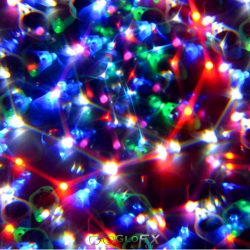An intuition is a conscious objective direct representation of an object, according to A320/B376-77. It is direct in being non-conceptual, involving no mediating representation, and it is what distinguish it from a conceptual representation. Now someone not familiar with Kant might think that these are our perceptual representations. But central to Kant's philosophy the claim that the use of (pure) concepts is necessary for the cognition/knowledge of objects. Our experiences of everyday objects for example already involve the subsumption under concepts. The problem is that he also holds that:
Objects can indeed appear to us without necessarily having to be related to functions of the understanding. (A89/B122)
How can intuitions be conscious and objective if they do not involve concepts? Maybe they are some kind of representations of objects which are not a cognitions/knowledge. But if our perceptions are cognitions/knowledge, what would be a concrete example of this kind of representations? Giving examples of a priori syntheses, Kant speaks of representations of parts of a house, or visual perception of a stone and a feeling of weight. But these according to his own standards are conceptual representations. It is seems that we can analyse our representation as far as we want without ever encountering some purely non-conceptual representation.
Maybe we could say that it is possible to extract a more coherent theory from Kant's texts by ignoring passages similar to the one above and focusing on his claim that intuition and concept are both necessary for knowledge of objects (for example in A50–51/B74–75). Under such a light, an intuition is more like a kind of uncounscious sensory input which is constitutive of experience but which we never encounter alone. But besides its being explicitly in opposition to the text, it makes the whole notion theoretically not clear enough. It seems also that Kant would have to do more work to clarify their explanatory role to justify their existence and all what he says concerning them (that they undergo a number of syntheses etc), which, if they are unconscious, seems hard using a philosophical introspective method.

